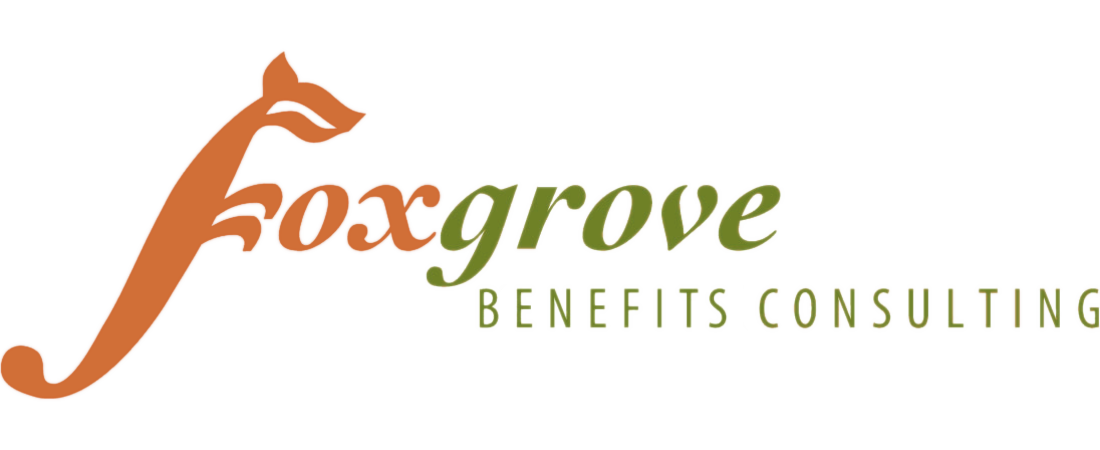Are you sure your family cottage will stay in the family?
Here’s the problem
When you die, your assets can be transferred tax free to your spouse. But, when your spouse dies and the assets are passed on to your children or other heirs, this transfer may result in a significant tax bill. And this tax is paid before your heirs get anything.
An asset like your principal residence is exempt from this type of taxation. Generally, your cottage won’t be exempt, and it will be considered a capital asset. Consequently, it may trigger a capital gains tax liability at death.
With the recent real estate boom in Canada, cottages and other vacation properties have increased significantly in value. These properties are now worth substantially more than their purchase price. At death, your heirs will be taxed on 50% of their annual capital gains. Starting January 1, 2026 your heirs will be taxed on 66.67% of their annual capital gains exceeding $250,000. If your cottage is held in a Trust your heirs will be taxed on 66.67% on the first dollar of their annual capital gains.
Are you aware of the impact this capital gains tax liability could have on your estate? A lack of proper planning could mean that your family cottage won’t stay in your family. Your estate might need to sell it to pay the tax.
It’s a tax time bomb that most people are unaware of and don’t plan for.
What are your options?
A number of different options will provide the cash required to pay this tax liability at death. It’s important to make the best choice for your situation.
The alternatives
You or your family can start saving today,
Your heirs can borrow the required funds from a bank,
Your estate can sell the asset, or
You can purchase life insurance to cover the growing tax liability.
The most efficient solution
Life insurance is often the most cost-effective planning tool to cover the tax liability at death. Life insurance provides cash to pay the tax exactly when it’s needed, helps ensure your heirs receive what you intend them to receive and puts your mind at rest because you know you’ve taken care of this important issue.
Life insurance allows you to custom design a solution to meet your specific needs
Life insurance creates immediate estate liquidity to pay for the tax
You can choose a death benefit that increases over time to match the growing tax liability
You can customize the amount and number of deposits you make into the plan to suit your needs
Certain insurance products offer a broad range of investment accounts, if you choose to invest money in your policy over and above the cost of the insurance it provides
A little planning can ensure that your dream of passing the family cottage to your heirs will come true.


